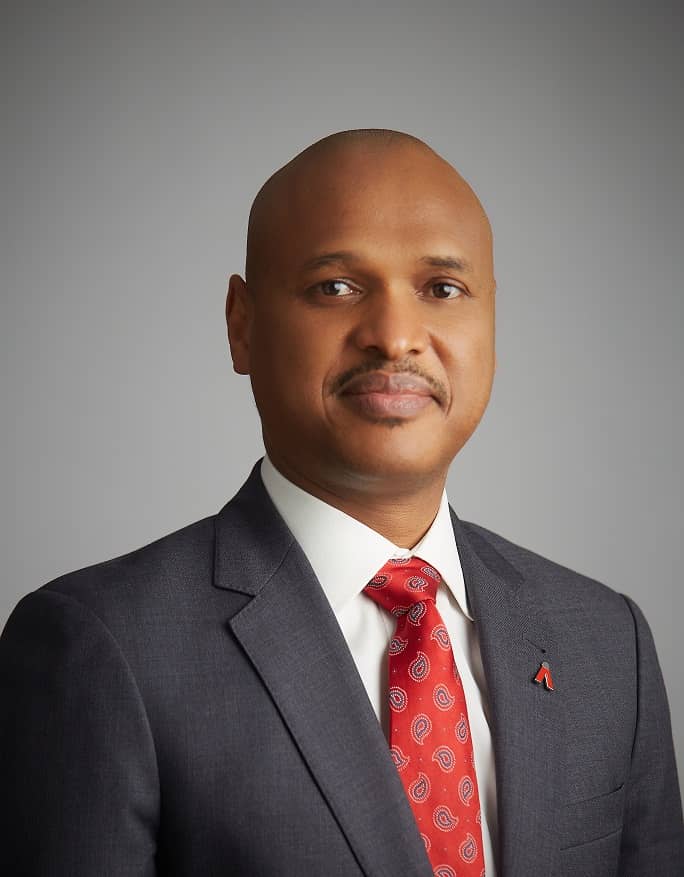Lauds CBN on Regulatory Policy Initiatives
TAJBank, Nigeria’s fastest-growing non-interest bank, has successfully met the Central Bank of Nigeria’s (CBN) new minimum capital requirement for national non-interest banks.
The Managing Director/CEO of the bank, Mr. Hamid Joda, confirmed the capitalization feat during an interactive session with journalists on the sidelines of an investment summit in Abuja.
With this compliance, TAJBank joins the ranks of banks that have already met or exceeded the CBN’s revised capital thresholds, scheduled for enforcement from March 2026.
Speaking on the achievement, Joda said:
“I am happy to report that through the leadership of our bank’s board, led by an industry doyen, Alhaji Tanko Isiaku Gwamna, and the support of our valued shareholders and investors, TAJBank has fulfilled the mandatory recapitalization requirement. We are now fully prepared for more customer-friendly, innovative banking services delivery to our growing customers nationwide.
“Let me also commend the CBN Governor, Mr. Olayemi Cardoso, and the management of the apex bank for the recapitalization initiative, which, by all assessment standards, will reposition Nigerian banks for competitiveness in the rapidly changing global banking space.
“I want to assure all our shareholders, investors, and customers that TAJBank will continue to prioritize their interests in our operations as we sustain our drive to add value to every kobo invested in the bank.
“Finally, as our mantra says, our only interest is our customers, we shall be investing more in technological assets, innovative solutions, and human resources to surpass the expectations of customers, shareholders, and other investors through real-time delivery of world-class, Shari’ah-compliant financial solutions.”
It would be recalled that in March last year, the CBN announced an increase in minimum capital requirements for licensed banks in the country. The move forms part of the apex bank’s regulatory efforts to strengthen the banking sector and enhance its contribution to Nigeria’s economic growth amid global uncertainties.














